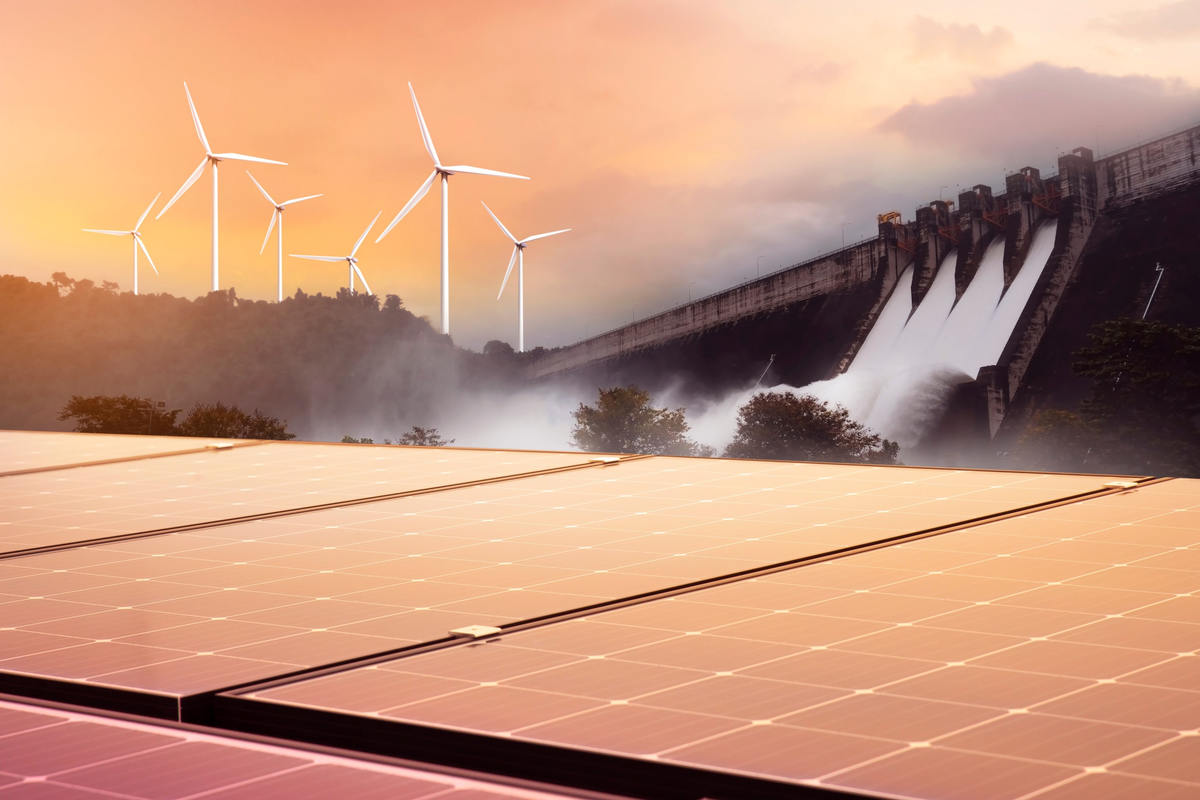
CCUS

Develop the capture, use, and storage of CO2 to achieve your decarbonization goals
Alcimed works daily on client issues related to CCUS approaches. We support you in your innovation projects regarding the development, adoption, or investment in these technologies to guide you towards the most suitable devices and the most relevant valorization pathways.
They trust us




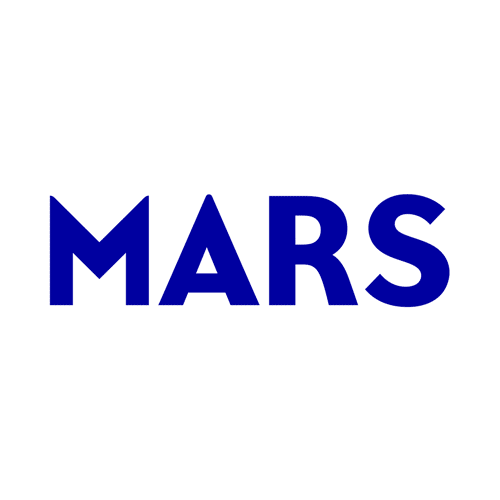
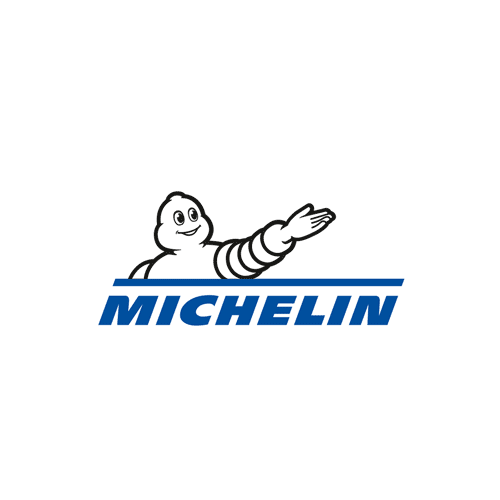

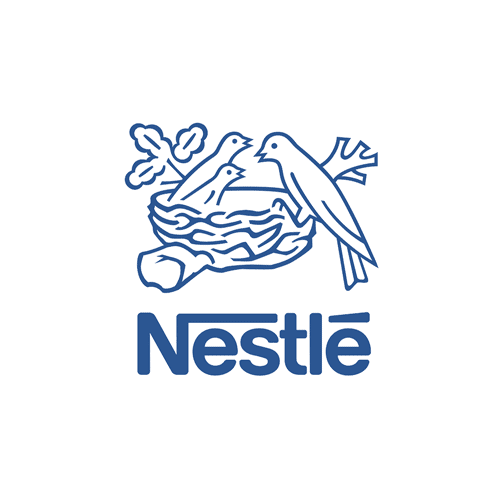
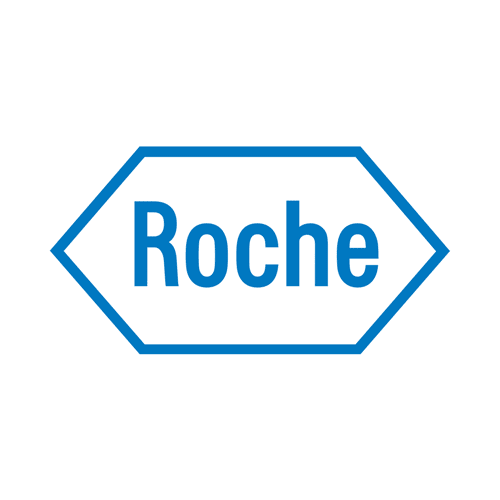


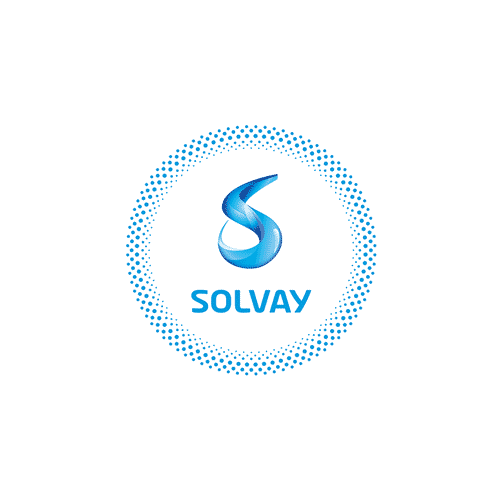

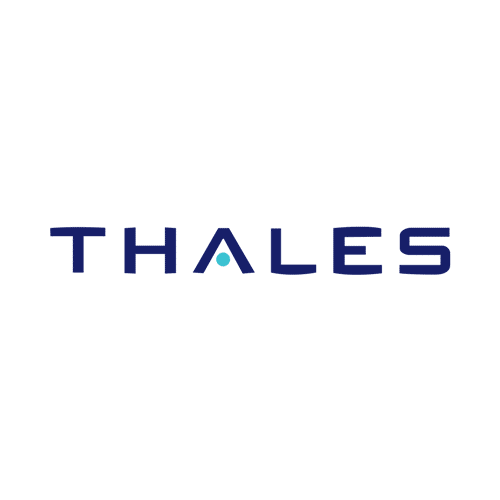
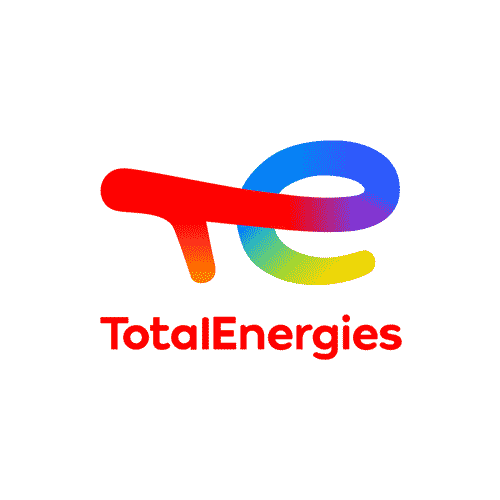
The challenges related to CCUS
The capture, utilization, and storage of CO2 is an increasingly favored subject by industry, policymakers, and climate experts such as the IPCC, who encourage their development and use to achieve carbon neutrality. In October 2022, the European Commissioner for Energy stated that “without CCS and CCU, it will be practically impossible to limit global warming to the 1.5 degrees Celsius target.”
Therefore, it is now crucial for industries and regions to consider these technology approaches in their climate roadmaps. However, economic, technical, regulatory, and social issues currently limit the deployment of these devices and make their adoption complex. It is necessary to fully understand the multiple challenges that arise from this situation:
There are numerous CO2 capture, utilization, and storage solutions, each with their own technical (efficiency, safety, adaptability, etc.), economic, or regulatory advantages and disadvantages. It is important for every industry or organization intending to invest in CCUS technology to be able to identify projects that are suitable for their activities and needs, and to analyze their overall relevance.
Should I invest in CCU or CCS? What are the most advanced and promising methods to consider in my context?
Many CCUS projects still need to be improved to be properly valued. Indeed, using often energy-intensive solutions to capture CO2 can, in some cases, not be beneficial from a carbon perspective and could even be counterproductive. It is necessary to improve the efficiency of these solutions and identify the outlets and sectors where the use of these carbon capture and storage processes makes the most sense.
An entity aiming to develop or commercialize carbon management solutions must thoroughly understand the market’s needs and expectations to adapt its value proposition and identify the sectors and stakeholders to target. Given the number of existing or upcoming devices, it is also crucial to analyze competing offers in order to differentiate oneself and adjust positioning to remain competitive in this growing technology market.
What positioning should I adopt to meet the market’s needs and expectations? Who are the potential users of my devices, and how can I valorize my offer?
Per-Olof Granström, EU Director of the “Zero Emission” platform, announced in October 2022 that Europe has “a great storage potential” but that “adoption is too slow, and we are facing the chicken-and-egg problem.” Indeed, industries where capture is necessary are not specialized in CO2 transport and storage, and many projects struggle to start because the capture facilities cannot operate until the captured CO2 can be transported and stored. On the other hand, storage site developers are waiting to know the volume of CO2 to be stored before investing.
Therefore, it is necessary to establish a structured industry to enable the large-scale development of CCUS in Europe. The approach should facilitate the connection of CO2 emitters, transportation and storage stakeholders, the EU, and member states, so that projects can develop as a whole. These considerations should also focus on local valorization of CO2 to integrate various CO2 capture approaches into an optimal circular economy framework.
What are the CO2 valorization pathways in my region, and what roadmap should be adopted to develop a structured industry? Which local stakeholders should be involved in strategic discussions to create such industries?
Currently, the cost of CO2 capture technology is still significantly higher than carbon taxes, which does not necessarily incentivize industries to adopt CCUS solutions, nor encourage investors and developers of carbon dioxide capture devices to commit significant resources to infrastructure and capture site investments.
However, as of late 2022, price gaps of only 20% were observed between the cost of CO2 capture projects and carbon taxes, making CCUS technology increasingly economically appealing. In the near future, they could become profitable.
Given the current climate situation, the acknowledged interest of industries and institutions in these techniques, and their growing techno-economic relevance, the CCUS market holds promise, and the use of these processes should be considered in the action plans of all organizations.
How can carbon reduction approaches using CCUS technology be integrated into my climate plans and business model? How and where should investments be made?
There are social concerns today about the sustainability of CO2 capture and storage devices, as the concept of burying CO2 in the ground is not seen as a viable solution by some. In addition to these concerns regarding the very principle of burial techniques, there are fears related to potential CO2 leaks.
It is therefore necessary to ensure that the proposed carbon dioxide reduction techniques using CCUS technology will be accepted by engaging in social dialogues with various stakeholders, especially with the local populations hosting these CO2 storage sites. These considerations must be taken into account in the selection of technologies to be deployed, and it is important to ensure, through technical studies and the development of innovative methods, that these technologies are safe. This includes ensuring that there will be no CO2 leaks in the storage sites through the use of effective monitoring tools.
Which greenhouse gas emission capture devices using CCUS technology garner the greatest social acceptance? Which ones are best suited to prevent and detect potential leaks in CO2 storage infrastructure?
How we support you in your projects related to CCUS
Alcimed supports its clients in various energy and environmental challenges, particularly those related to climate resilience and adaptation to environmental changes. We regularly undertake missions with diverse stakeholders in these areas, including energy and environmental industry players (Suez, Veolia, EDF, Orano, RTE, etc.), cosmetics companies (L’Oréal, Chanel, etc.), aerospace and defense industry players (Safran, Airbus, Thales, Dassault Aviation, etc.), healthcare companies (Sanofi, Moderna, Pfizer, etc.), as well as national and European research institutions and centers (such as Carnot institutes or SATTs).
The diversity of our clients, the geographical areas we explore, and the types of projects we undertake provide us with a global and in-depth understanding of climate-related issues and challenges. Our projects cover a wide range of topics, including the development of climate roadmaps, energy transition strategies, market opportunity assessments, studies of the best adaptation solutions and strategies to climate hazards, launching innovations, identifying academic or industrial partners, and much more!
Examples of recent projects carried out for our clients in CCUS
Evaluation of opportunities for local recovery of liquid CO2 produced by an environmental player
An environmental organization aiming to better utilize the CO2 generated by its future methanization units sought to explore local opportunities for valorizing this green CO2. They wanted to understand how to locally leverage this CO2, identify the needs and expectations of potential users, and address the logistical challenges related to its supply.
To assist our client in this project, we conducted an analysis to identify potential local users of the future green CO2. We examined their current practices, including sourcing, logistics, and pricing, as well as their needs and expectations. Additionally, we assessed their receptiveness to the proposed offering.
Through this analysis, Alcimed identified numerous avenues for valorizing the CO2 and successfully secured signed commitments from eight local stakeholders who expressed interest in the biosourced liquid CO2 and our client’s value proposition.
Market study for positioning a new CCUS technology developed by a team of researchers
A team of researchers was seeking guidance on how to position a new technology they are developing for the adsorption of CO2 and lithium.
We supported them in this project by conducting a market study focused on two target markets. Our approach included assessing the receptivity of potential customers, conducting a competitive benchmarking analysis, identifying current R&D drivers in similar processes, identifying major CO2 emitters and potential users, and conducting a preliminary study on the regulatory challenges related to lithium extraction from geothermal water in France.
This in-depth study allowed us to identify the most promising market and determine the next steps for the client’s R&D efforts, as well as the associated roadmap.
Identification of CO2 capture processes applicable to a food industry player’s resources and assessment
Alcimed identified the CCUS technologies that could be applied to the CO2 emissions of a leading Wine and Spirits company.
After conducting an extensive review of available carbon capture, storage, and utilization systems, and conducting in-depth evaluations of these processes from technical, economic, and environmental perspectives, our teams were able to prioritize the most viable options.
We excluded technologies where the technical and economic feasibility was not demonstrated or where the carbon sequestration potential was too limited in terms of absorbable volumes or duration.
As a result, we selected eight greenhouse gas emission reduction devices and their associated industrial applications. These include, for example, the manufacturing of construction materials, concrete treatment, and the production of sodium bicarbonate.
Strategic study of CO2 valorization pathways for a public entity
Alcimed supported the French Agency for Ecological Transition (ADEME) in the development of a reference document on different CO2 valorization pathways to assess the strategic interest of France in promoting one of them.
After creating a segmentation of the different pathways based on the nature of CO2 transformation (no transformation, or with chemical transformation or biological transformation), our team conducted a state-of-the-art analysis of various devices related to each valorization pathway. We also identified the main challenges and barriers within each sector.
Defining a CCUS strategy for an environment player
As part of their carbon neutrality goal, one of our clients, an environmental actor, wanted to explore the potential of a CCUS strategy in detail. Alcimed supported them in this project by identifying all available or in-production CO2 capture devices worldwide and mapping out potential valorization methods.
Among the 70 identified processes and 43 valorization pathways, our team selected the most promising capture/valorization combinations for our client. Methods such as mineralization and alternatives to fossil resources for CO2 utilization were explored.
Techno-economic analysis of chemical CO2 valorization technologies
Alcimed supported a project developer in gaining a comprehensive understanding of chemical CO2 valorization pathways to better position their own carbon capture, storage, and utilization systems.
Our teams conducted an overview of these pathways, comparing them based on various criteria such as technological maturity, industrialization, development potential, and economic viability of the resulting products.
Additionally, our teams conducted a targeted analysis of the electrochemical pathway, conducting a state-of-the-art review to highlight the advantages of our client’s devices compared to competition in the production of various valuable products through electrolysis, such as propanol, ethylene, and carbon monoxide.
You have a project?
To go further
Cross-sector
CCUS technology: CO2 as a resource or a waste?
Carbon Capture, Utilization and Storage, or CCUS, is in the spotlight nowadays in the industry. Still, between utilization – that consists in reusing the CO2 as a feedstock in the industry – and ...
Energy - Environment - Mobility
CO2 valorization: 5 new opportunities for industries
The capture of CO2 from industrial emissions or even directly into the atmosphere is developing. With the deployment of new technologies for CO2 capture from more diluted sources, new opportunities ...
Energy - Environment - Mobility
5 levers for reducing the environmental impact of renewable energy
The environmental impact of renewable energy, like wind power, is not neutral. Discover 5 ways to reduce their ecological footprint.
Founded in 1993, Alcimed is an innovation and new business consulting firm, specializing in innovation driven sectors: life sciences (healthcare, biotech, agrifood), energy, environment, mobility, chemicals, materials, cosmetics, aeronautics, space and defence.
Our purpose? Helping both private and public decision-makers explore and develop their uncharted territories: new technologies, new offers, new geographies, possible futures, and new ways to innovate.
Located across eight offices around the world (France, Europe, Singapore and the United States), our team is made up of 220 highly-qualified, multicultural and passionate explorers, with a blended science/technology and business culture.
Our dream? To build a team of 1,000 explorers, to design tomorrow’s world hand in hand with our clients.
CCUS (Carbon Capture, Utilization, and Storage) refers to the technologies for capturing and storing CO2, as well as the means of reusing CO2 as an input in industry or agriculture.
First and foremost, CCUS includes capture systems, whether it’s CO2 emitted by different polluting industries or CO2 present in the atmosphere. Once captured, CO2 can be stored underground in sealed natural reservoirs, either in deep saline aquifers or in depleted hydrocarbon deposits. This is referred to as CCS (Carbon Capture and Storage) approach.
The captured CO2 can also be reused in industry or agriculture, which is known as CCU (Carbon Capture and Utilization). Various applications can be envisioned, such as in the energy sector, where CO2 can be used in hydrocarbon synthesis, or in chemistry, where it can serve as a reactive agent in organic synthesis to produce polymers and inorganic carbonates. It can also be utilized in the manufacturing of construction materials to accelerate the curing of concrete or in agriculture to enhance yields by boosting the photosynthesis of fruits and vegetables grown in greenhouses. Additionally, the salts generated from CO2 capture can be valorized as fertilizers.
The integration of CCUS promotes sustainable economic growth in line with the principles of the circular economy. This translates into several major benefits for industrial players:
- The reduction of the carbon footprint by capturing and storing the CO2 emitted.
- The creation of technological research and development opportunities, as well as opportunities for deployment and service provision.
- The creation of value in various industrial applications such as the production of fertilisers, construction materials, fuels and plastic polymers.
- The unlocking of new sources of value, notably through enhanced oil recovery (EOR), which involves the application of various techniques to increase the amount of crude oil that can be extracted from an oil field.


